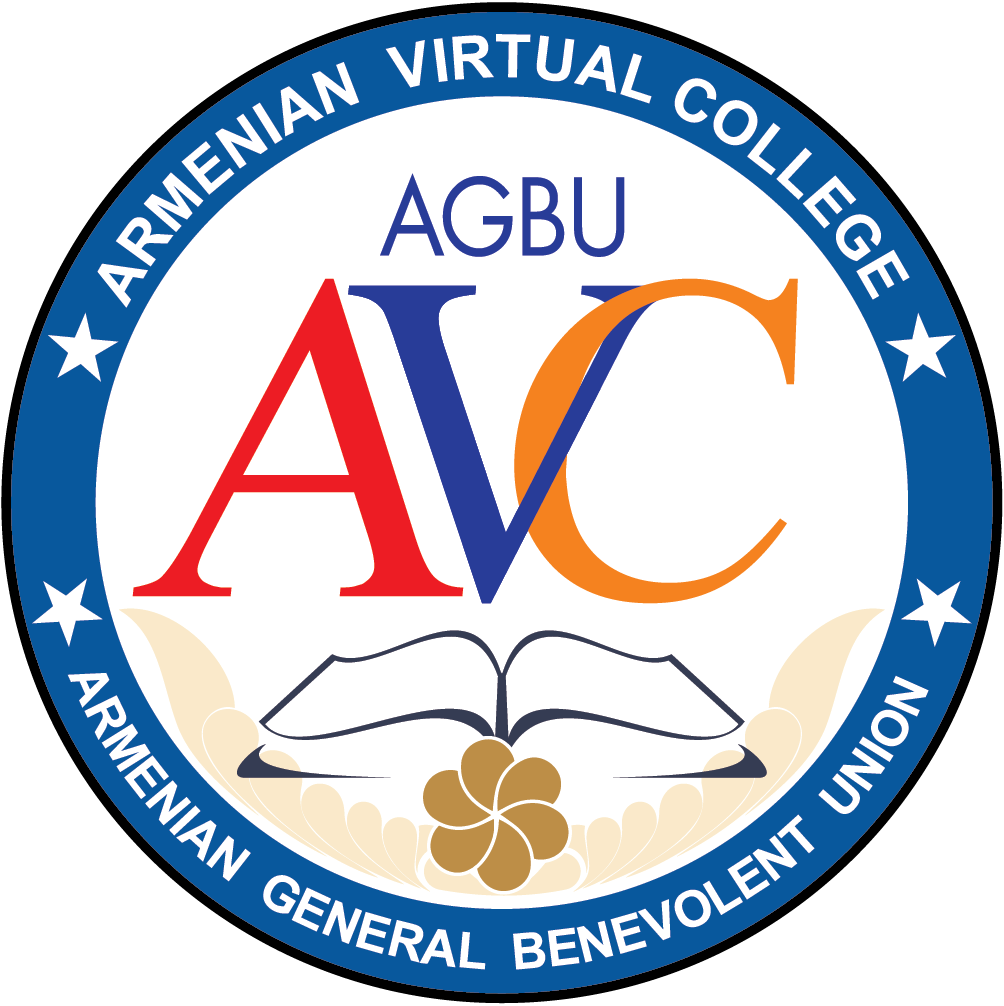AGBU Armenian Virtual College Wraps Up Its Second Year Of Successful Operation With A Global Online Forum
09/06/2011
On September 6th, the Armenian General Benevolent Union’s (AGBU) Armenian Virtual College (AVC) celebrated the second anniversary of its unique service to the Armenian Nation by holding a Global Online Forum (GOF) to reflect on the wide-range of achievements and announce its future plans.
Launched in June 2009, the AVC has become the first Armenian online university, with a distinct goal to make Armenian education available to everyone everywhere through modern technologies. During its two-year operation the AVC has had nine academic terms with over 1300 participants from 50 countries. AVC’s wide geography stretching from USA to Russia, from Venezuela to South Africa, from Argentine to Reunion Island, has proven that AGBU’s new education project does live up to its goal to surmount educational barriers which have plagued the Armenian Diaspora for decades.
The GOF was led by Dr. Yervant Zorian, AGBU Central Board member and AVC Founder and President. During the event Mrs. Hasmik Poghosyan, Minister of Culture of the Republic of Armenia, other governmental and honorable guests gave welcoming speeches.
“Among thousands of online universities in the world AVC is the first one that provides and is dedicated to ArmenianEducation. Today, when only 5 percent of Armenian youth in the Diaspora has access to face-to-face Armenian educational programs, the importance of such an institution is becoming more and more vivid. While our virtual students around the world enthusiastically participate in our existing courses, AVC continues to expand its offerings in multiple directions. I am very pleased to announce today the expansion of our Armenian culture program to cover Armenian Visual Art courses, the adoption of new advanced learning technologies to enable interactive animation in teaching Armenian History, the augmentation of our instruction languages to include Turkish as a 7th language, which is beneficiary forour compatriots residing in Turkey and West Europe, and finally the extension of our hybrid education program to the CIS countries by initiating AVC Labs in Tbilisi and Rostov”, said Dr. Yervant Zorian.
\"Two years ago when the project was launched, it was unclear how this brilliant idea will be realized. The results you achieved today are very impressive. I will continue to invest my efforts for presenting this project among all possible circles\", - said Hasmik Poghosyan, Minister of Culture of the Republic of Armenia. “Throughout the years the number of Armenian schools in Tbilisi has decreased to only 1 as of 2011 academic year for the Armenian population of more than 80 thousand. As a result 90 percent of Russian school pupils in Tbilisi are Armenians. While it would be good to have traditional Armenian education institutions on-site, AVC is an excellent solution to preserve Armenian identity in communities with no Armenian schools”, - said Bishop Vazgen Mirzakhanyan, Primate of the Armenian Apostolic Church’s Georgian Diocese.
The AVC project was initiated in 2004 as an educational program that better addresses the current demands of the Armenian Nation and appeals to present-day students. Since then, the multi-media content has been developed largely in Armenia in collaboration scientists and engineers at Yerevan State University’s Center of IT Education and Research.
During its first two years of operation, AVC also introduced a hybrid education method, which targets schools and education institutes by offering a blend of conventional and online pedagogies. AVC implemented this method for the first time with the Ohanessian Friday School of Sharjah, United Arab Emirates.
After 2 years, nearly 10 schools and communities joined the hybrid education model. Representatives of Armenian communities of Tbilisi and Rostov were present at the GOF. Many AVC students from different countries of the world, as well as AVC Online Instructors and online education specialists participated in the GOF through live online bridges. Live video connections were established with students from USA, Russia, Spain and Uruguay. Students and instructors shared their experiences in Armenian online education at AVC and answered questions from the audience.
Today AVC continues to build its three departments; Armenian Language, History and Culture. Turkish is added to the existing six instruction languages, Eastern Armenian, Western Armenian, English, Russian, French and Spanish.
Watch H1 Report on AVC Second Anniversary
Watch Shant TV Report on AVC Second Anniversary
Watch Azatutyun Radio Station Report on AVC Second Anniversary









